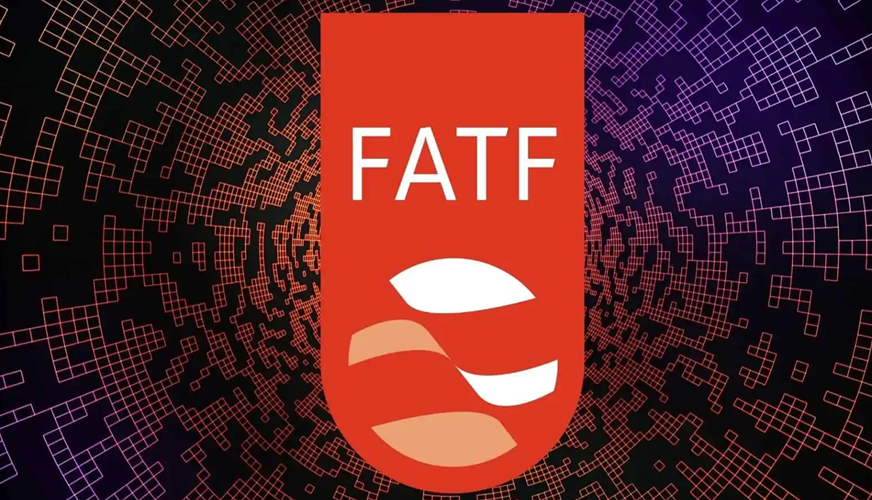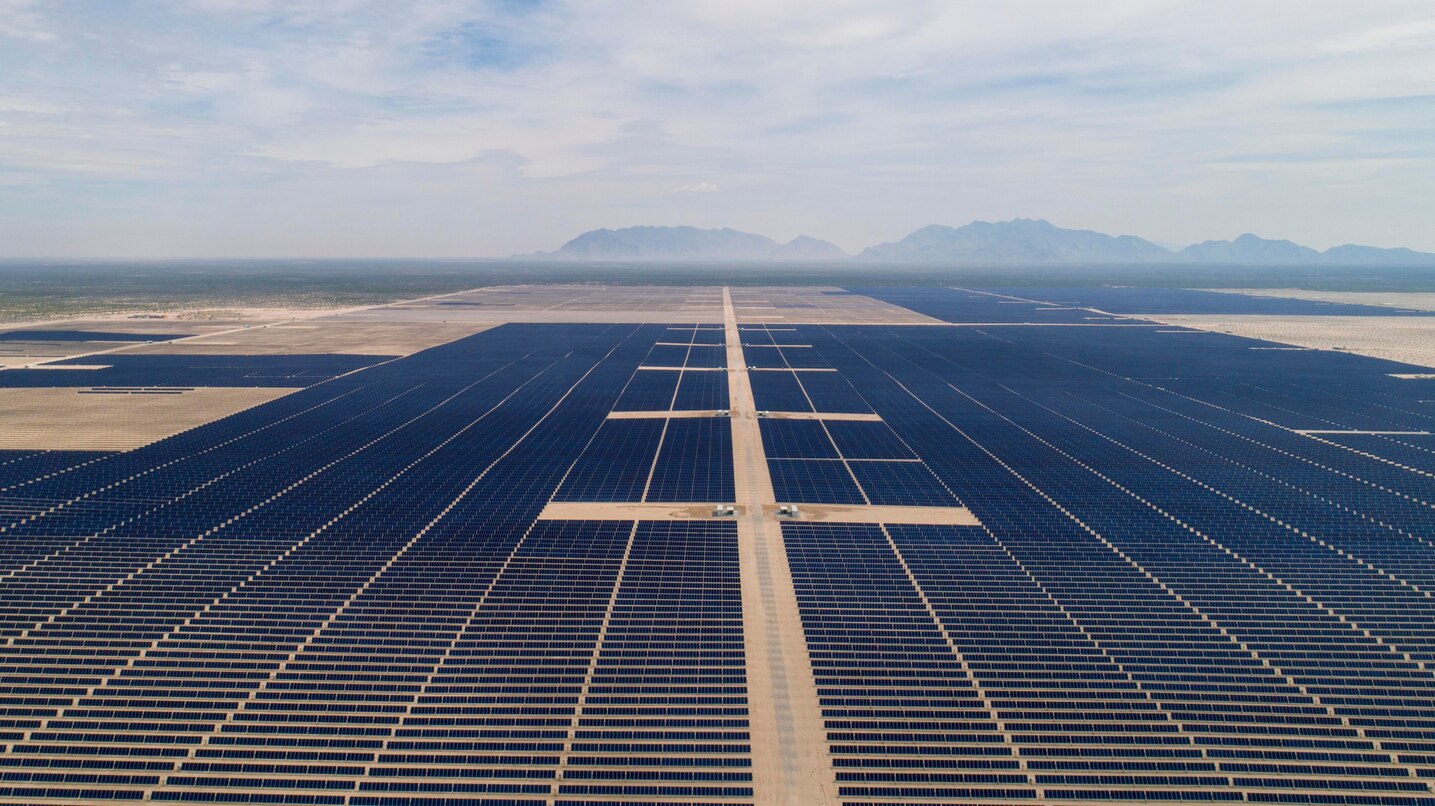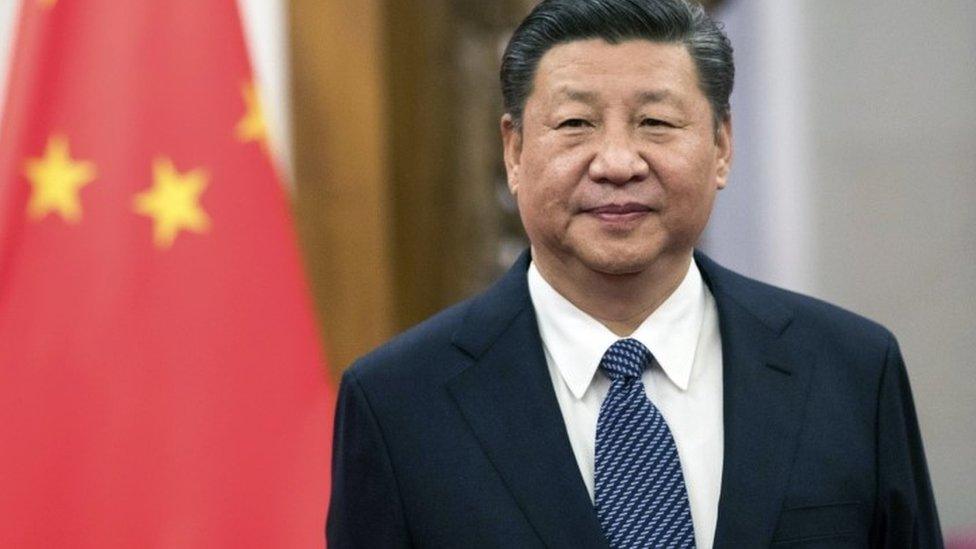- Courses
- GS Full Course 1 Year
- GS Full Course 2 Year
- GS Full Course 3 Year
- GS Full Course Till Selection
- Answer Alpha: Mains 2025 Mentorship
- MEP (Mains Enrichment Programme) Data, Facts
- Essay Target – 150+ Marks
- Online Program
- GS Recorded Course
- Polity
- Geography
- Economy
- Ancient, Medieval and Art & Culture AMAC
- Modern India, Post Independence & World History
- Environment
- Governance
- Science & Technology
- International Relations and Internal Security
- Disaster Management
- Ethics
- NCERT Current Affairs
- Indian Society and Social Issue
- NCERT- Science and Technology
- NCERT - Geography
- NCERT - Ancient History
- NCERT- World History
- NCERT Modern History
- CSAT
- 5 LAYERED ARJUNA Mentorship
- Public Administration Optional
- ABOUT US
- OUR TOPPERS
- TEST SERIES
- FREE STUDY MATERIAL
- VIDEOS
- CONTACT US
WHAT IS THE FINANCIAL ACTION TASK FORCE (FATF)?
WHAT IS THE FINANCIAL ACTION TASK FORCE (FATF)?
01-04-2024

The Financial Action Task Force (FATF) has found that many countries have not yet fully implemented its requirements aimed at preventing abuse of virtual assets and virtual asset service providers (VASPs).
WHAT IS THE FINANCIAL ACTION TASK FORCE (FATF)?
- The Financial Action Task Force (FATF) is an intergovernmental organization dedicated to combating money laundering and terrorist financing. FATF sets international standards and policies to prevent the abuse of virtual assets and virtual asset service providers (VASPs).
Origin:
- The Financial Action Task Force (FATF) was established in 1989 during the G7 Summit in Paris with the objective of developing policies to combat money laundering
- In 2001, its mandate was broadened to include terrorism financing as well.
- Headquartered in Paris, France
Members: India became a member of the FATF in 2010.
- Argentina
- Australia
- Austria
- Belgium
- Brazil
- Canada
- China
- Denmark
- European Commission
- Finland
- France
- Germany
- Greece
- Gulf Cooperation Council
- Hong Kong, China
- Iceland
- India
- Indonesia
- Ireland
- Israel
- Italy
- Japan
- Korea
- Luxembourg
- Malaysia
- Mexico
- Netherlands
- New Zealand
- Norway
- Portugal
- Russian Federation *
- Saudi Arabia
- Singapore
- South Africa
- Spain
- Sweden
- Switzerland
- Türkiye
- United Kingdom
- United States
* FATF suspended membership of the Russian Federation on 24 February 2023
FATF's Lists: Grey List and Blacklist:
- Blacklist: Countries known as Non-Cooperative Countries or Territories (NCCTs) are placed on the blacklist due to their support of terrorist financing and money laundering activities.
- Grey List: Countries considered safe havens for supporting terrorist financing and money laundering are included on the FATF grey list. This serves as a warning that the country may enter the blacklist.
Blacklisted Countries:
- North Korea, Iran, and Myanmar are currently on the FATF blacklist.
Consequences of Being Blacklisted:
- Blacklisted countries face economic and financial restrictions and sanctions, including the withholding of financial aid from international organizations like the IMF, World Bank, ADB, and the EU.
Grey list countries :
- Bulgaria
- Burkina Faso
- Cameroon
- Croatia
- Democratic Republic of Congo
- Haiti
- Jamaica
- Kenya
- Mali
- Mozambique
- Namibia
- Nigeria
- Philippines
- Senegal
- South Africa
- South Sudan
- Syria
- Tanzania
- Türkiye
- Vietnam
- Yemen
Consequences of Being Greylisted:
- The most significant implication of the graylist for a country is damage to the country's reputation, as its effectiveness in combating financial crimes such as corruption and money-laundering as well as terror financing is considered low by international standards.
- Economic sanctions imposed by the IMF, World Bank, and Asian Development Bank make it difficult to secure these institutions and other countries.
- International trade, investment, aid, and foreign currency inflows are all declining.
- Payment delays influence on supply chains and trade.
- Costs of cross-border transactions are rising.
Q1) What are virtual assets?
Virtual assets are digital representations of value that can be traded, transferred, or used for payment or investment purposes. They have no physical form and do not include digital fiat currencies.
Examples of virtual assets include:
- Cryptocurrencies
- Non-fungible tokens (NFTs)
- Gaming tokens
- Governance tokens
- Decentralized autonomous organization tokens
- Tokens claiming to be backed by commodities or other underlying assets



